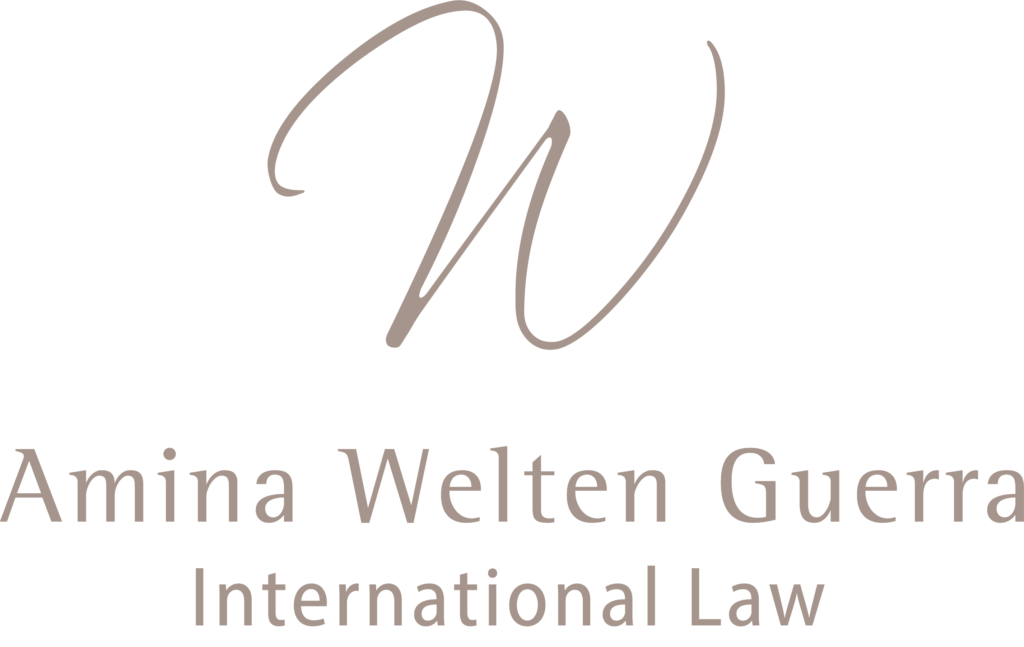The Brazilian real estate market has established itself as one of the main destinations for foreign investment, both for reasons of asset diversification and the attractiveness of the domestic market, as well as the possibility of obtaining residence permits through real estate investments. However, the acquisition of real estate by foreigners does not occur without limitations. Brazilian legislation adopts a model that seeks to reconcile openness to international capital with the protection of Brazil’s strategic interests, particularly regarding territorial sovereignty, national security, and environmental preservation.
This balance reflects a historical concern: on the one hand, fostering the inflow of foreign capital; on the other, preventing the indiscriminate appropriation of land in sensitive areas. The result is a regulatory system that distinguishes between urban and rural properties, residents and non-residents, while also imposing specific restrictions on certain regions.
Legal Basis and Regulatory Framework
The Brazilian Constitution, in its Article 1901, authorizes the acquisition of real estate by foreigners but restricts the law’s competence to establish limitations. This constitutional provision was primarily regulated by Law No. 5709/19712, which addresses the acquisition of rural properties by foreigners, introducing requirements such as limits on property size and the need for prior authorization.
Decree No. 74965/19743 regulated this law, detailing procedures for acquisition and registration. More recently, INCRA Normative Instruction No. 88/20174 updated the monitoring and control system, highlighting the importance that this matter continues to hold in national land policy.
Thus, Brazilian law adopts a differentiated legal regime: while urban properties may be acquired relatively freely, rural properties and areas of national security are subject to stricter controls.
Key differences in acquiring Urban and Rural Properties
- Urban Properties: The acquisition by foreigners, whether individuals or legal entities, does not require special authorization. However, public authorities may impose restrictions based on urban planning rules or collective interest, such as in urban environmental preservation zones.
- Rural Properties: These are subject to specific legislation that limits the size of the property. The area acquired by foreigners in each municipality may not exceed 25% of the municipality’s total area. In certain cases, authorization from INCRA is required and, in strategic areas, prior consent from the National Defense Council.
This differentiation seeks to prevent the concentration of rural land in foreign hands, especially in border regions or in areas of high environmental and economic importance.
Sensitive Areas and Strategic Limitations
Certain areas are subject to special protection by lawmakers as a means of safeguarding national sovereignty:
- Border strip (150 km wide along land borders).
- National security areas.
- Indigenous lands and environmental reserves.
The acquisition of property in these zones depends on specific authorization and, in some cases, is prohibited. This regulation is grounded in the protection of territory and the preservation of natural resources, ensuring that foreign interests do not compromise national integrity.
Foreign Legal Entities
Foreign companies wishing to operate in Brazil must be authorized to do so by the Trade Office (Junta Comercial) of each federative state. This requirement ensures control over their operations and subjects the foreign legal entity to national laws. Regarding property acquisition, the same restrictions imposed on individuals apply, especially in rural and border areas.
Conclusion
Brazilian legislation on the acquisition of real estate by foreigners embodies a logic of controlled openness: it encourages the inflow of capital while safeguarding territorial sovereignty and the public interest. The current legal framework, anchored in the Constitution, specific laws, and regulatory standards, seeks to balance economic development with strategic protection.
In practical terms, foreigners can acquire urban properties without major obstacles but face significant restrictions when it comes to rural properties or areas of national interest. Therefore, before any transaction, it is essential to understand the applicable legal limits, carry out proper due diligence, and, in many cases, seek specialized legal advice to ensure that the acquisition is fully valid and effective in Brazil.
Our team has extensive experience in providing legal consultancy and advisory services to foreign investors, assisting from the feasibility analysis to the formalization of the transaction before the competent authorities. We offer comprehensive support at every stage, ensuring legal security and peace of mind so that you can invest in the Brazilian real estate sector with confidence!
André L. C. Delziovo
- Art. 190. A lei regulará e limitará a aquisição ou o arrendamento de propriedade rural por pessoa física ou jurídica estrangeira e estabelecerá os casos que dependerão de autorização do Congresso Nacional ↩︎
- https://www.planalto.gov.br/ccivil_03/leis/L5709.htm ↩︎
- https://www.planalto.gov.br/ccivil_03/decreto/1970-1979/D74965.htm ↩︎
- https://www.legisweb.com.br/legislacao/?id=353644 ↩︎

